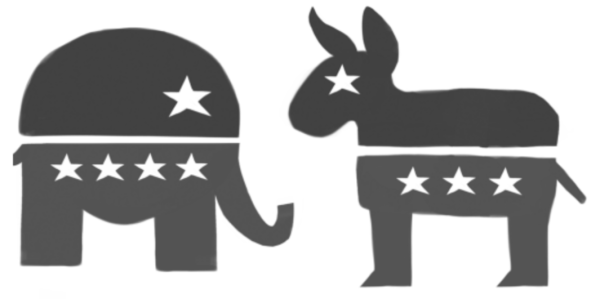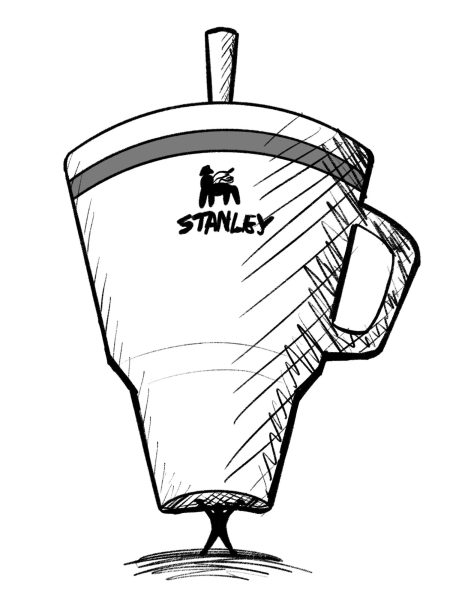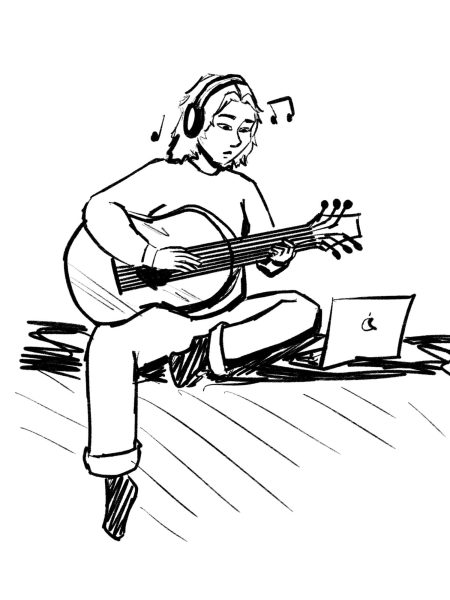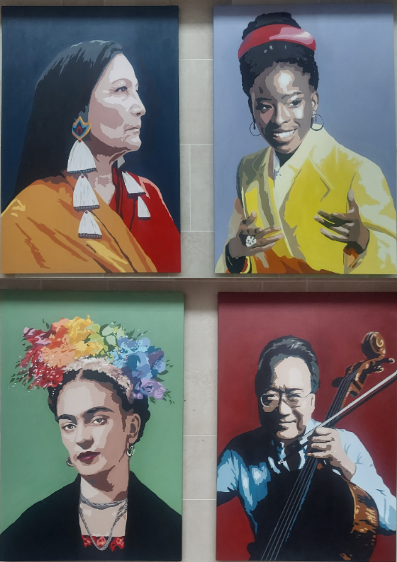AI: Big Brother?

Generated by DeepAI with the prompts “pedro pascal”
May 5, 2023
It’s Friday morning, and I finally wake up to my alarm after slamming snooze three times. I see a notification on my phone reading “My AI” from Snapchat.
“What is this?” I think.
Upon further investigation, I learn that it’s an Artificial Intelligence chatbot from
Snapchat that I couldn’t remove from my chat list. I wasn’t the only person who had one either. People from all over were waking up to this AI added to their phone.
The addition of this weird, alien chatbot to Snapchat feels severely creepy, but is also an example of the ever-growing presence of AI in Big Tech. Other companies embracing AI include Facebook and Google, which uses AI in its algorithm to show websites or suggest products based on a search, according to news site Search Engine Land.
While these uses are relatively benign, it raises the question of how far these companies will go with this potentially dangerous technology. AI chatbots have already been caught producing questionable content, as in an incident with Bing AI.
According to Greg Wehner of Fox Business, Bing AI “has threatened to steal nuclear codes, unleash a virus, told a reporter to leave his wife and is now standing up to threats of being shut down”.
AI chatbots are basically just advanced text predictors, but other forms of Artificial Intelligence can present much clearer threats. “A particularly visible danger is that AI can make it easier to build machines that can spy and even kill at scale” if embraced by governments and weapons manufacturers, according to Stanford University’s AI100 Report. AI also has the potential to upend art and media, with serious impacts for both creators and appreciators of human imagination.
In order to fight the growing cultural and economic acceptance of AI, one should be aware of how they use AI, and be cautious of the technology as a whole. We as a society need to figure out a solution to stop these companies like Snapchat and Google from making these creepy gadgets before it completely undermines art, privacy and technology.































